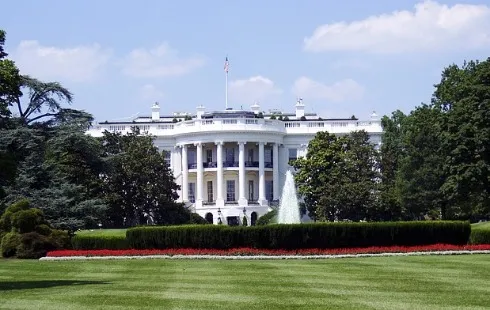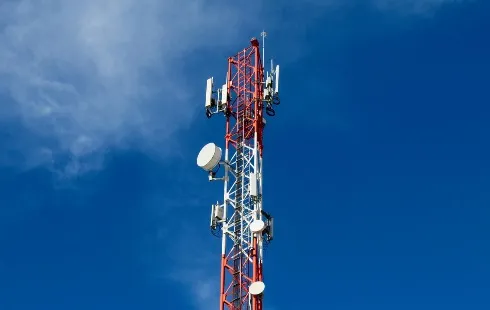
Prioritizing Food Quality Over Carb or Fat Restrictions for Heart Health
Section: Health
 In a significant move that has captured public attention, former President Donald Trump has ordered the declassification and release of documents relating to the assassinations of prominent figures in American history, including John F. Kennedy, Robert F. Kennedy, and Martin Luther King Jr. This directive aims to shed light on events that have remained shrouded in secrecy for decades.
In a significant move that has captured public attention, former President Donald Trump has ordered the declassification and release of documents relating to the assassinations of prominent figures in American history, including John F. Kennedy, Robert F. Kennedy, and Martin Luther King Jr. This directive aims to shed light on events that have remained shrouded in secrecy for decades.
The decision comes as part of Trump's ongoing efforts to address various historical controversies and provide transparency regarding government actions in the past. The documents in question are expected to offer new insights and potentially alter the public's understanding of these pivotal moments in U.S. history.
John F. Kennedy, the 35th President of the United States, was assassinated in 1963 in Dallas, Texas. His death marked a tragic turning point in American politics and society. Similarly, Robert F. Kennedy, a U.S. Senator and presidential candidate, was assassinated in 1968, shortly after delivering a victory speech upon winning the California primary. Martin Luther King Jr., a leading figure in the civil rights movement, was also assassinated in 1968, a loss that reverberated across the nation.
The release of these classified files has been a topic of discussion for many years, with various advocacy groups and historians calling for more transparency regarding the circumstances surrounding these assassinations. Critics have long argued that the public deserves access to information that may clarify the motives behind these tragic events and the government's response to them.
While the specific contents of the newly released documents remain to be seen, experts anticipate that they could contain a variety of materials, including internal communications, investigative reports, and other archival information that may provide context and details previously unavailable to the public.
As the nation reflects on these historical events, the timing of this announcement is notable, especially in the context of ongoing discussions about government transparency and accountability. The release of such sensitive information is likely to provoke a range of reactions from historians, political analysts, and the general public, all eager to understand the complexities surrounding these iconic figures and their untimely deaths.
Furthermore, this move may also influence current political discourse as it intersects with ongoing debates about the integrity of political institutions and the public's right to know about the actions of its government. As the documents become available, many will be watching closely to see what revelations emerge and how they will shape public perception of these historical events.
In conclusion, the declassification of files related to the assassinations of JFK, RFK, and MLK reflects a broader commitment to transparency and accountability that resonates with many Americans. Whether these documents will change historical narratives or provide closure to the families and communities affected remains to be seen, but the anticipation surrounding their release is palpable.

Section: Health

Section: Arts

Section: Health

Section: Science

Section: News

Section: News

Section: Health Insurance

Section: Health

Section: News

Section: Arts
Health Insurance in Germany is compulsory and sometimes complicated, not to mention expensive. As an expat, you are required to navigate this landscape within weeks of arriving, so check our FAQ on PKV. For our guide on resources and access to agents who can give you a competitive quote, try our PKV Cost comparison tool.
Germany is famous for its medical expertise and extensive number of hospitals and clinics. See this comprehensive directory of hospitals and clinics across the country, complete with links to their websites, addresses, contact info, and specializations/services.
The granddaughter of Claire Zachanassian makes a return to Güllen, the impoverished hometown of her late grandmother, for a performance. Having never fully engaged with her grandmother's past, she is eager to finally discover Güllen. The sound of her last name stirs the entire town into action.



No comments yet. Be the first to comment!